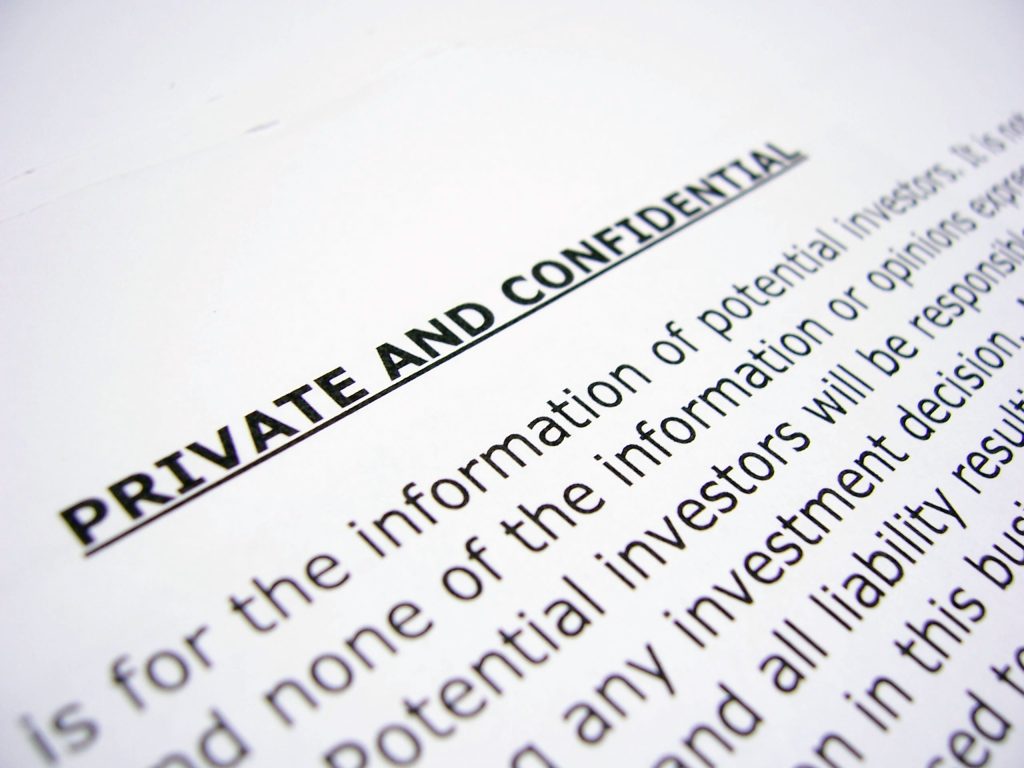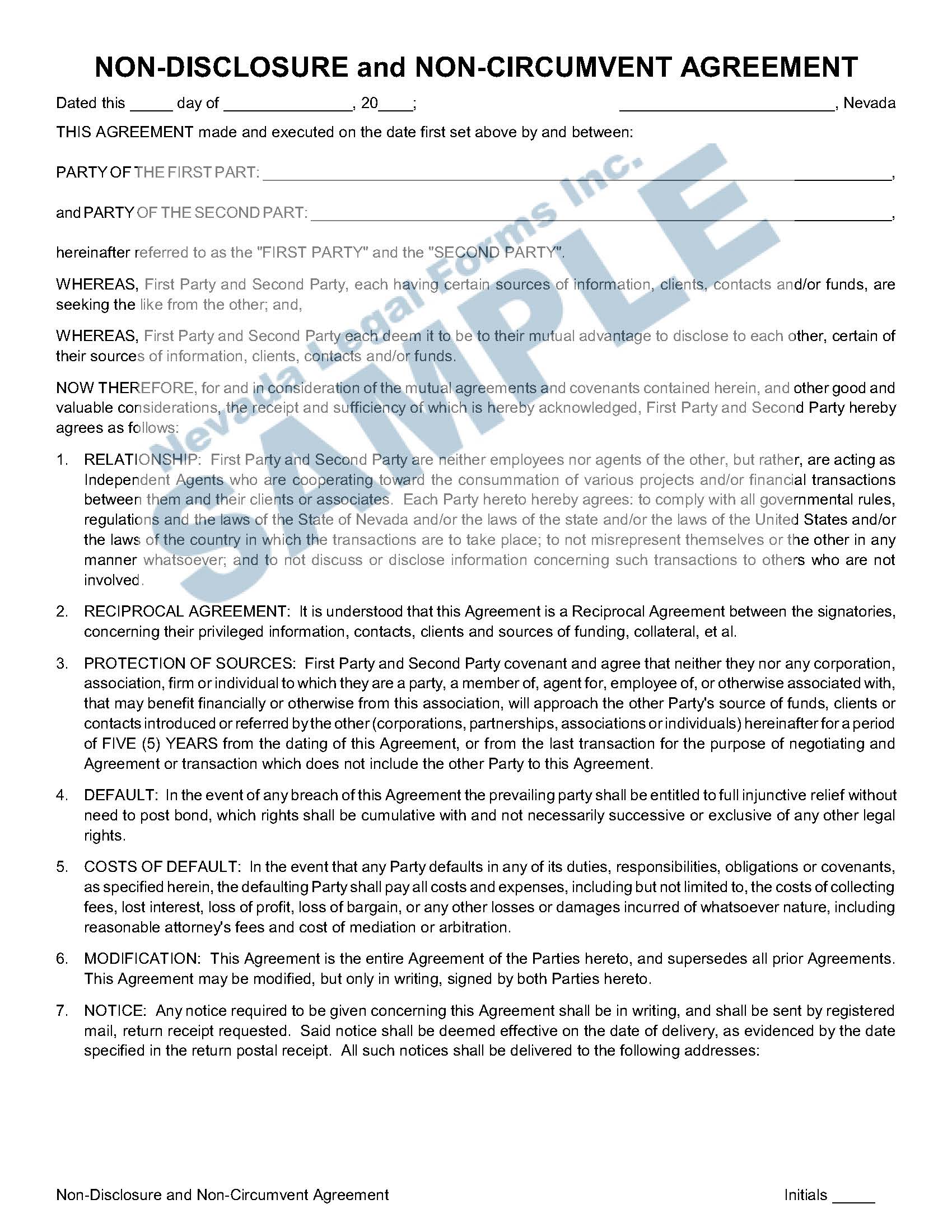

Congress enacted the Economic Espionage Act in order to further protect corporate trade secrets from unlawful misappropriation or theft. How easily the piece of information could be legally created, duplicated or purchased by competitors.How much energy or money the company put into creating or developing the piece of information.How valuable the information is to the company, as well as to its competitors.How closely the company protected and guarded the piece of information.How well known the piece of information is by the employees of the company in question.How well known the information is, other than within the company itself.However, generally, the case law analyzed six separate factors before deeming a specific piece of information (or process or other item) a “trade secret”:

Case law in all state jurisdictions as well as in federal courts defined trade secrets in slightly different specific details.

In states in which the UTSA has not been enacted, the definition of “trade secret” is much as it was before the UTSA was created. Thus, whatever the information, process or other item in question may be, in order to be a trade secret it must be valuable in a way that is closely held by the company owning it, which must take some sort of reasonable measures to maintain the item’s security and secrecy. The parameters in both the (i) and (ii) clauses must be met in order to qualify as a trade secret under the UTSA. Within its text at section 1(4), the UTSA defines trade secrets as "information, including a formula, pattern, compilation, program, device, method, technique, or process that (i) derives independent economic value, actual or potential, from not being generally known to, and not being readily ascertainable by proper means by, other persons who can obtain economic value from its disclosure or use and (ii) is the subject of efforts that are reasonable under the circumstances to maintain its secrecy.” What makes a trade secret is typically defined by applicable law, either a codified statute or, if none exists in a specific jurisdiction, relevant published judicial opinions (or “common law”).Īt the state level in the United States, the Uniform Trade Secrets Act has been enacted by 47 states as well as the District of Columbia.


 0 kommentar(er)
0 kommentar(er)
